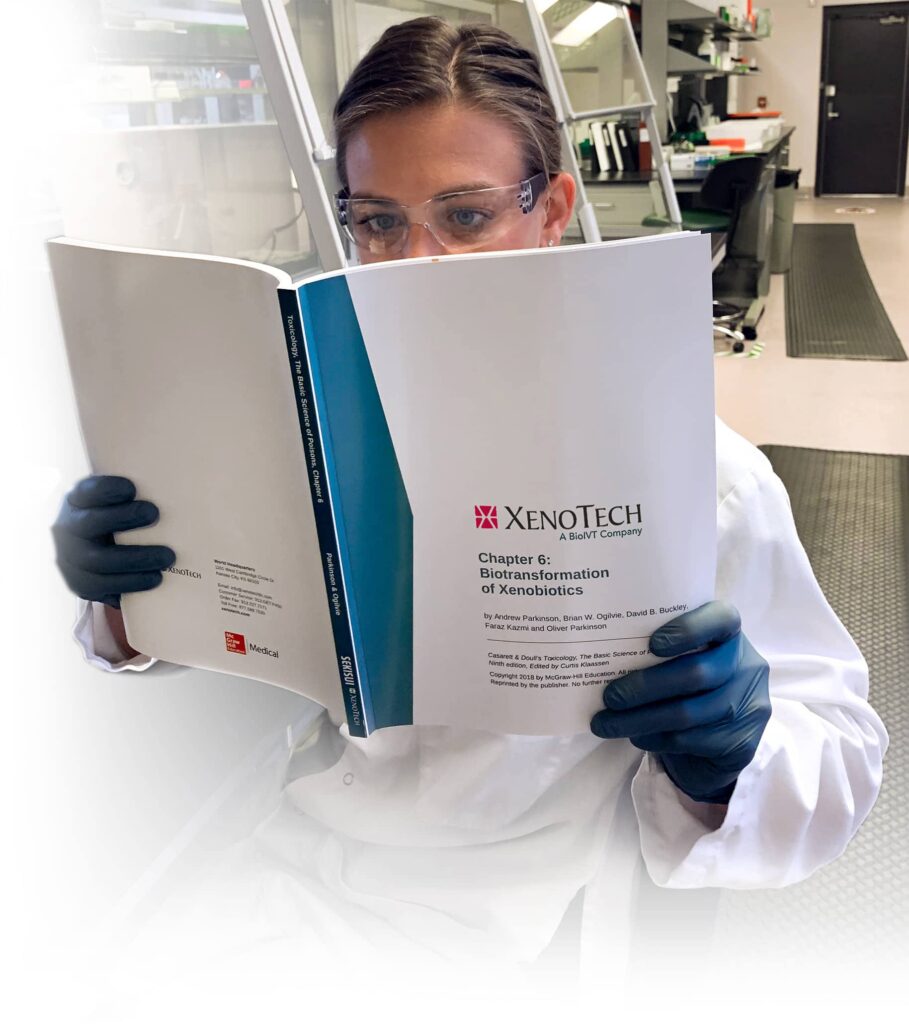
Dual-Hybridization PALSAR (Probe Alternation Link Self-Assembly Reaction) Technology Introduction
Presenter: Yuya Ono, MSc, MBA. Sekisui Medical, Co. Ltd.
The quantitative bioanalysis of oligonucleotide therapeutics is mainly conducted with LC-MS/MS and hybridization-based ligand binding assays (LBA). Major advantages of LBA include simple pretreatment and high sensitivity. However, it is not sufficient to quantify full-length oligonucleotides in the presence of its metabolites. Despite complex and time-consuming sample treatment, LBA methods usually require the use of enzymes (for example, S1 nuclease) to obtain selective quantification of full length ASOs in the presence of metabolites.
In order to resolve the issues with LBAs, Sekisui Medical developed a novel, highly selective and sensitive hybridization-based method for oligonucleotides to distinguish signals of the intact oligonucleotides from those of its metabolites without enzymatic reactions. This dual-hybridization Probe Alteration Link Self-Assembly Reaction (PALSAR) method enables researchers to capture and detect target oligonucleotides by using a short probe and without using enzymes, as well as amplify signals using Sekisui’s proprietary PALSAR technology. In this webinar, guest speaker Yuya Ono will explain data showing the advantage of this technology and some applications in which the dual-hybridization PALSAR method shows benefit.
Key concepts discussed in this webinar include:
- Dual-hybridization PALSAR as an improved method of LBA
- Dual-hybridization PALSAR realizing signal distinction from metabolites
- Suitable applications for dual-hybridization PALSAR method
About the Presenter:
Mr. Yuya Ono serves as a Manager in the Planning Office of Drug Development Solutions Business Department in Sekisui Medical, Co. Ltd. He received his MS degree from the Graduate School of Pharmaceutical Sciences at the University of Tokyo, and his MBA degree from the Thunderbird School of Global Management (currently a graduate school at the Arizona State University.) After receiving his MS degree, he worked for more than 20 years in the pharmaceutical industry in Japan and has played various roles such as lab pharmacologist, business planning and development manager, project manager in clinical development, and so on. He started his career in Sekisui Medical in 2015 and joined the management team at XenoTech, LLC. After returning to Japan, he works towards globally promoting the proprietary technology of PALSAR as one of his assignments.